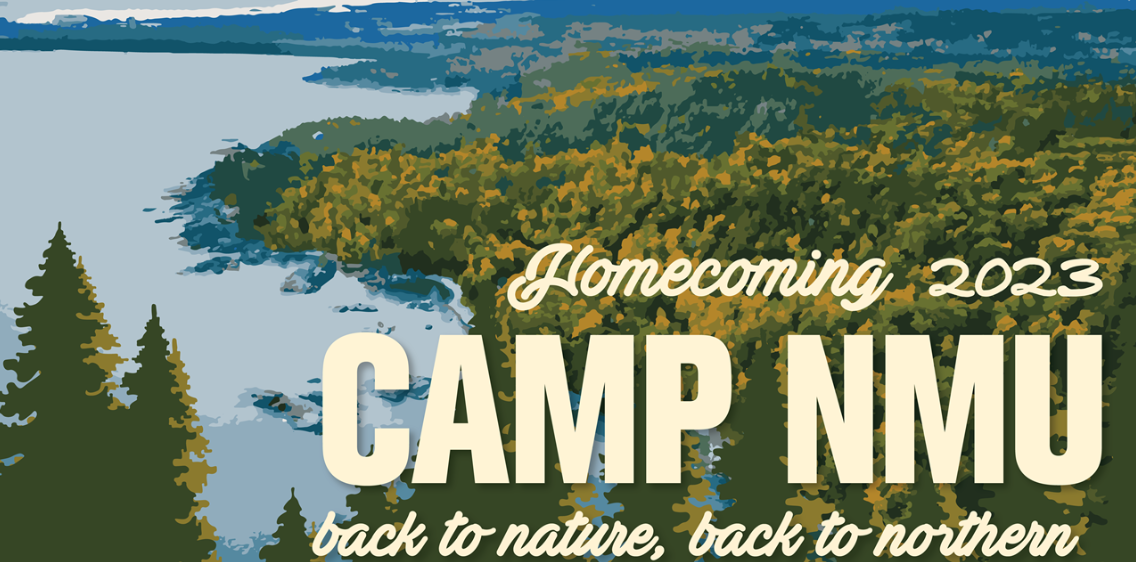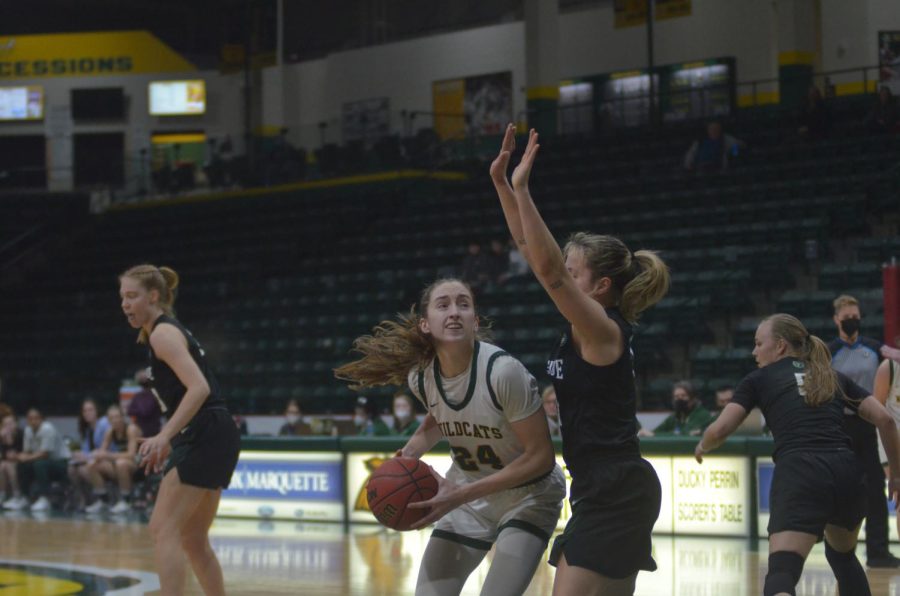Your undergraduate years of college are coming to an end; the graduate school application has been completed and mailed. Now all that’s left to do is wait to hear if you’ve been admitted, right?
Wrong. The admission process for graduate schools has changed over the years. The smaller programs are becoming competitive and more graduate schools are making an interview mandatory before their final admission decision. If you have sent your application in, it’s time to start preparing for an interview.
John Frick, director of the NMU Career Center, said that more and more students who are looking at graduate schools are coming to the center for résumé reviews and interview guidelines.
“Many graduate schools do require you to interview nowadays,” Frick said.
The first thing students need to do is think about the school and program; reconsider why you chose it and why you would fit in there.
“The number one question students need to be prepared to answer at a graduate school interview is why they are going on for a graduate degree,” said Frick.
This means considering your personal goals and attributes. Don’t sell yourself short; rather, be ready to speak highly of yourself without appearing arrogant. With few exceptions, every activity that you’ve done in college has probably given you some kind of experience that will contribute to your success in a graduate program.
For example, you could talk about how living in the on-campus apartments surrounded you with a diverse body of students; or how you’ve developed your event planning skills by being involved in a student organization.
You will also want to go online and research the university and program’s Web sites. Explore the Web site thoroughly, looking at everything from extra-curricular opportunities at the school, to your specific program’s faculty.
Rodney Clarken, the associate dean of the education department, said that when their department is interviewing candidates, they are mostly looking to see if the student has chosen the proper field for their career goals and if the student is a match for their program. Plenty of research online can ensure you don’t go to the interview, only to find you are mismatched with the program.
While doing research and constructing questions, take notes. Writing down information, along with compiling and organizing questions to look over later will make you feel more prepared to talk about the school and program.
Amanda Moraska, a senior double major in physiology and Spanish, agreed. Moraska just finished her medical school interviews — similar to many graduate school interviews.
“I think the best preparation was just knowing my application well, thoroughly researching the schools and programs and organizing my thoughts about a few of the typical interview questions,” said Moraska.
However, it won’t matter how much you know if you look like a mess, so finding an appropriate outfit is key. Frick said he suggests a “business professional” look. He said for men a suit and tie works well and for women a business suit.
“A first impression is a lasting impression,” he said.
If you can’t afford a business suit, check out different secondhand stores. You could also try to borrow one from a friend or family member. Remember: professional, clean and comfortable. You don’t want to be the person who appears to be struggling to look nice.
The day before your interview is all about preparation. Find out where you need to be the next day and arrange transportation. To make sure you won’t be late, allow time for unexpected occurrences, such as traffic. You should plan on arriving 20 minutes before the interview. If you have rented a car, remember that parking may be an issue on college campuses. Prepare for obstacles and carefully think about the next day’s events and what you need to bring. You should bring a pad of paper and pen to to an interview, extra copies of your resume, and a map of the campus, according to NMU’s Career Center Web site.
When you finally arrive on campus, explore and meet current students. This is your day to evaluate the school just as much as the school is evaluating you. Mind your manners and stand tall. Remember that when you are interviewing, there is always a chance someone is watching you.
Present yourself like a graduate student who has what it takes. Greet interviewers with firm handshakes. Speak clearly and take time to answer questions if you need it. Interviewers would rather you take a second to answer a question than spit out the first thing that comes to mind. Demonstrate your will and ability to learn and grow in graduate school.
At the end of the day, make sure you’ve sincerely thanked those you have met at the university. To really seal the deal, you may want to send a handwritten thank-you to your interviewer as soon as possible, Frick said. Then it’s time to breathe a sigh of relief and wait.


























